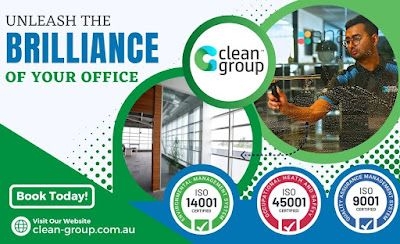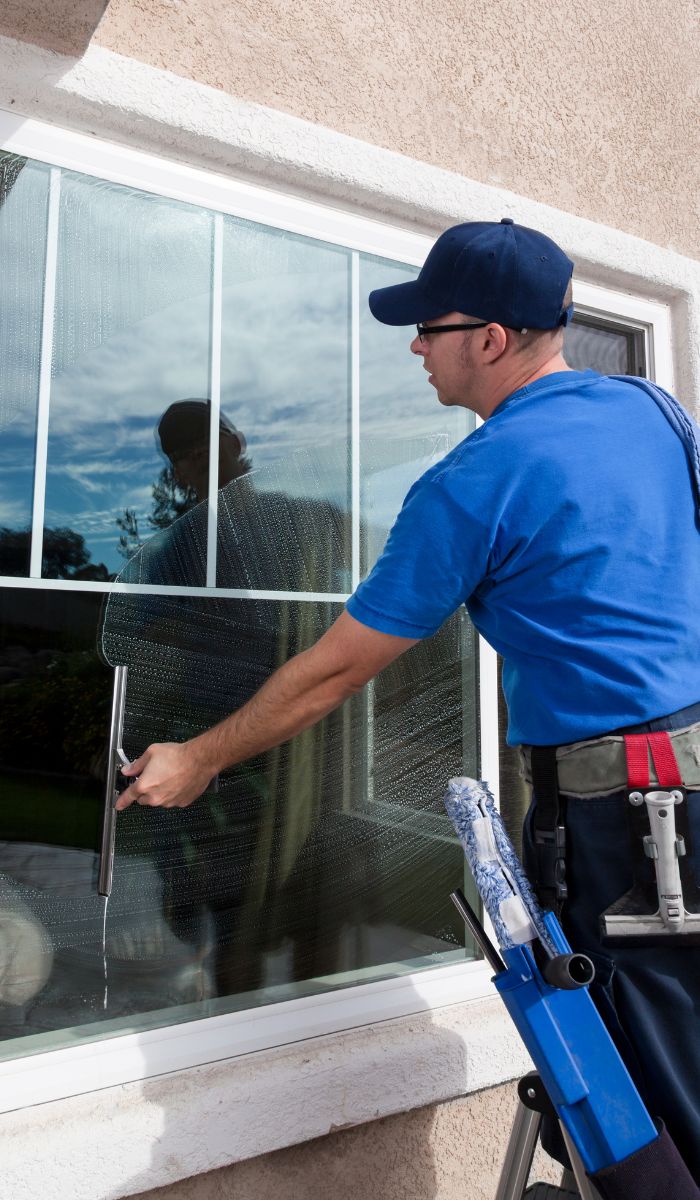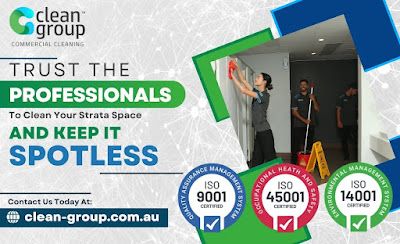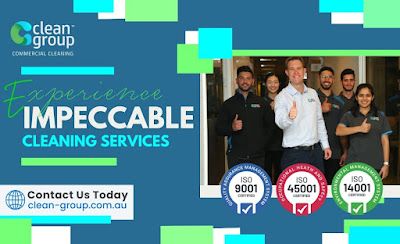
How Cleaners Are Trained
Why is green cleaning gaining popularity?
The professional service of cleaning commercial facilities like offices, schools, banks, hospitals, and other business-related sites is called commercial cleaning. Usually, these services are outsourced to specialist businesses under contract to guarantee a consistently high level of hygiene and cleanliness over a wide range of settings. At Clean Group, we offer Reliable Office Cleaners in Sydney tailored to meet the unique needs of every business. Whether you manage a small startup or a large corporate space, our Professional Office Cleaners in Sydney deliver consistent, high-quality cleaning solutions at competitive prices. With years of industry experience, our team is equipped with cutting-edge cleaning technologies and eco-friendly products to ensure your office is spotless, hygienic, and welcoming. From routine cleaning to deep disinfection and everything in between, we take pride in being one of the most trusted names in office cleaning services in Sydney. Comprehensive Office Cleaning Tailored for Your Business Clean Group provides all-inclusive office cleaning solutions, which include: Supply and replacement of bin liners and toilet rolls Thorough cleaning of office furniture, desks, and common areas Advanced carpet cleaning and floor care Deep cleaning and COVID-19 disinfection services Washroom sanitisation and office toiletries management Our services are designed to accommodate the specific needs of your workspace, with flexible scheduling options such as daily, weekly, or fortnightly cleaning routines.. Often called janitors, custodians, or day porters, those in this profession have duties including keeping sanitary conditions, removing waste, and making sure public and private business settings stay clean, safe, and presentable.
Sustainability practices are influencing purchasing and operational decisions in the commercial cleaning industry. Green-certified chemicals, microfiber cleaning systems, reusable tools, and energy-efficient machinery are being widely adopted. Many companies are seeking third-party certifications like Green Seal, LEED, and ISO 14001 to validate their environmental performance and communicate their commitment to clients. These certifications can serve as a competitive differentiator, especially for companies servicing environmentally conscious clients or facilities that must adhere to sustainability reporting requirements. Reducing water usage, lowering chemical runoff, and minimizing waste are now considered essential elements of high-quality commercial cleaning services, not optional features.


